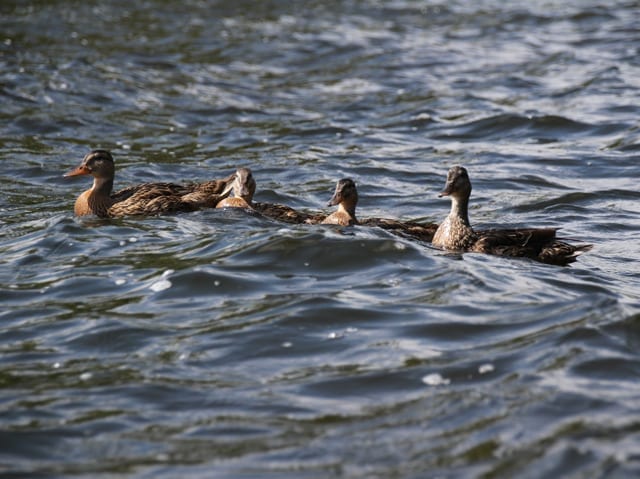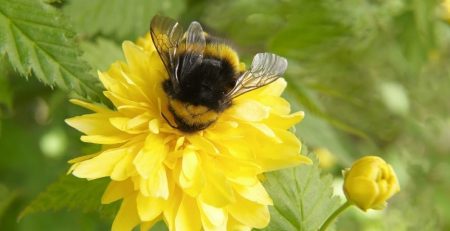Oil’s Impact on Our Feathered Friends
As the ten-year anniversary of the Deepwater Horizon oil spill approaches, new research from several different wildlife research centers and universities indicates the spill’s impact may have a greater impact on wildlife than initially believed.
The team used a Niche Mapper model “to compute spatially and temporally specific energetic and behavioral impacts of repeated sublethal oil exposure to double-crested cormorants,” according to their study in Marine Pollution Bulletin. Using existing calculations, the researchers determined the most heavily oiled birds (in this exercise the most heavily oiled birds were covered in oil six times) would have to forage for an additional 1.5 hours a day to make up for the heat through their oil-doused feathers, Massive Science reports. This is due to damage to the waterproof layer of the birds’ feathers brought on by exposure to oil.
In addition to the extended time spent foraging each day, the model also suggests that repeated exposure to oil may also threaten the cormorants’ ability to mate and breed, or to store enough fat prior to migration.














